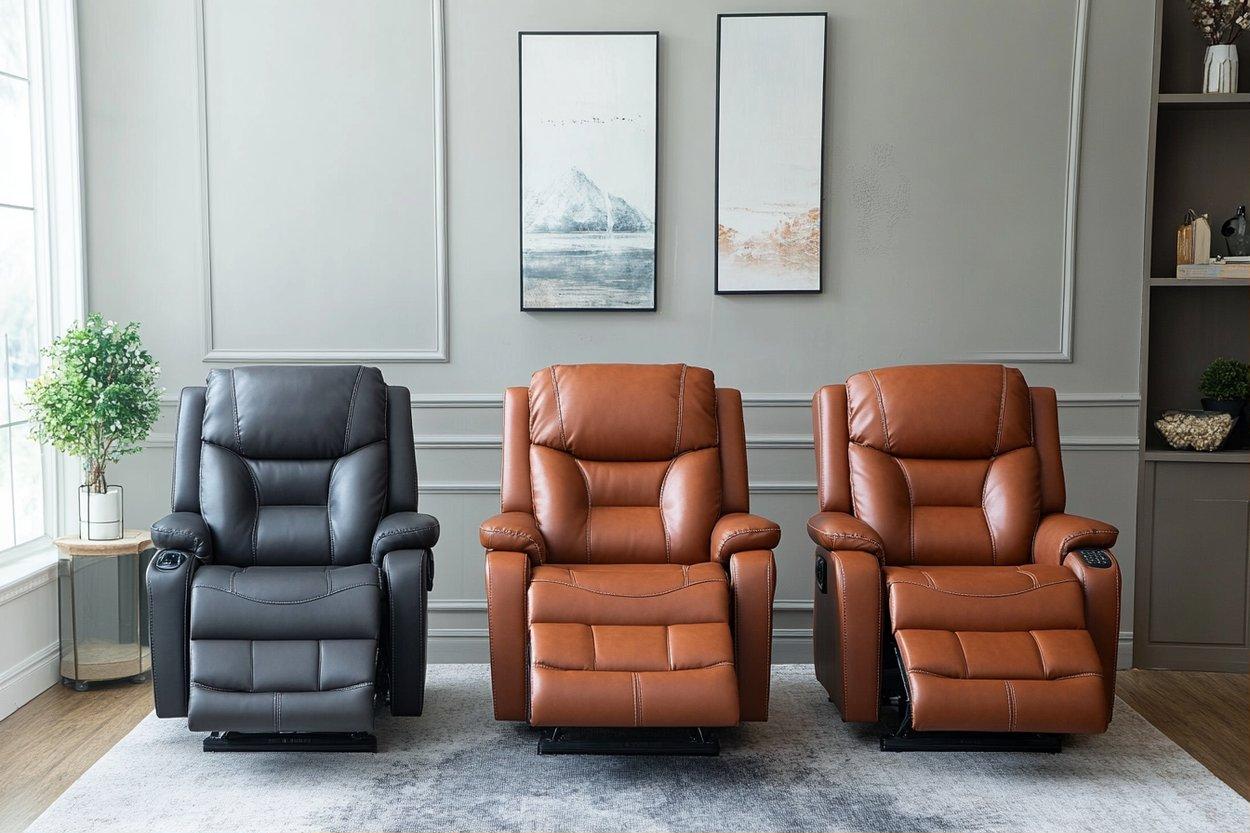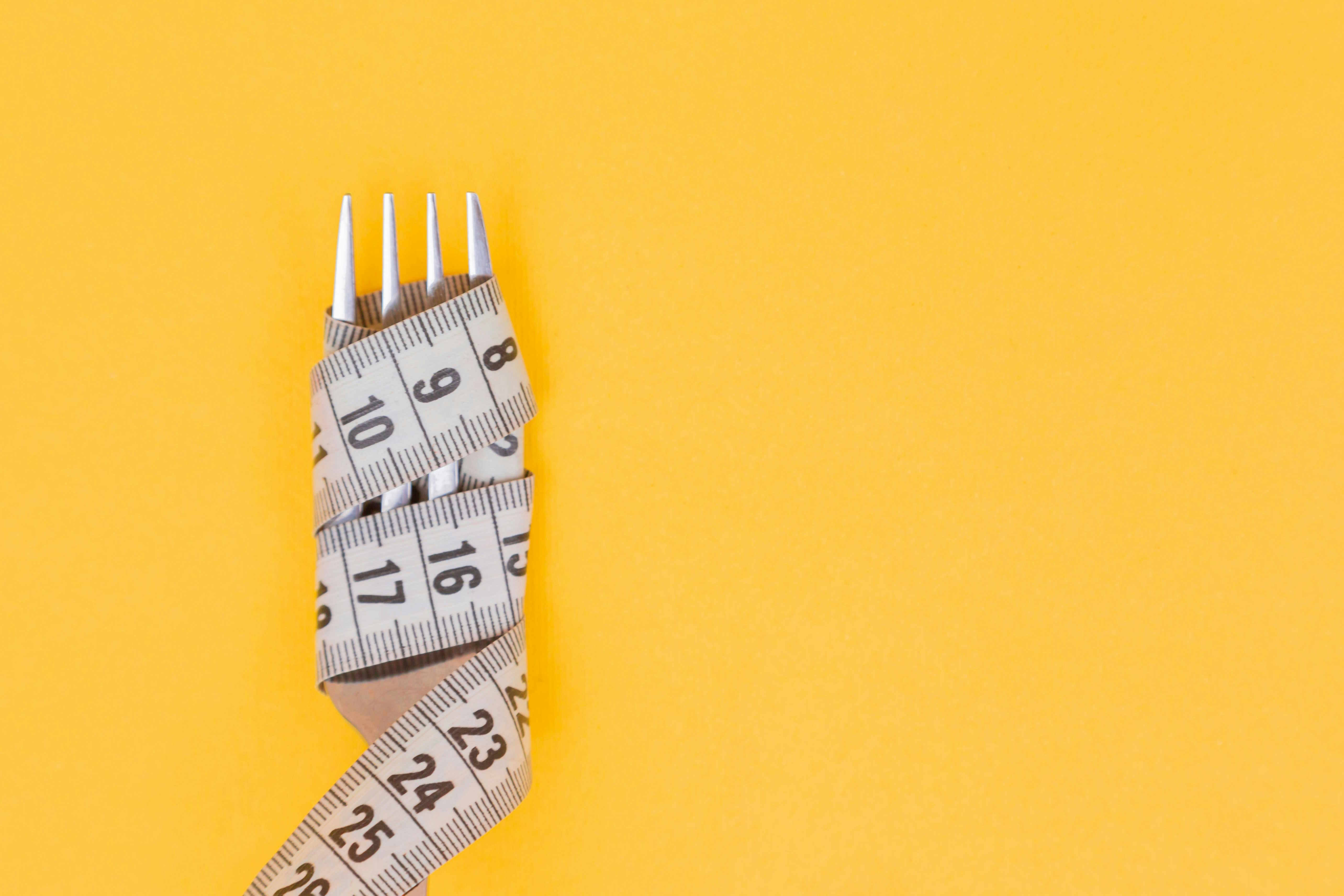The Ultimate Guide to Pool Tables: From Selection to Financing
A pool table is more than just a piece of furniture; it's the centerpiece of countless hours of entertainment and competition. Whether you're a casual player or an aspiring pro, understanding the ins and outs of pool tables is crucial for making an informed purchase. This comprehensive guide will explore everything from choosing the right table to financing options, ensuring you make the best decision for your home or establishment.

The frame and cabinet construction are also important. Solid hardwood frames offer the best stability and longevity, while veneered MDF can be a more affordable option. Pay attention to the cloth quality as well; worsted wool provides the best playing surface but requires more maintenance than blended or synthetic options. Lastly, consider the style and aesthetics of the table to ensure it complements your space.
How much space do you need for a pool table?
Space requirements for a pool table extend beyond just the dimensions of the table itself. You’ll need ample room for players to comfortably wield their cues without obstruction. As a general rule, add at least 5 feet to each side of the table for proper clearance. For example, a standard 8-foot table typically measures 4.5 feet by 9 feet. Adding the necessary playing area, you’d need a room that’s at least 14.5 feet by 19 feet to accommodate the table comfortably.
Remember to consider ceiling height as well. A minimum of 8 feet is recommended to allow for unobstructed cue movement, especially for jump shots or when breaking. If you have limited space, consider a smaller table or explore options like wall-mounted cue racks to maximize available room.
What are the typical costs associated with owning a pool table?
Owning a pool table involves more than just the initial purchase price. The cost of a pool table can vary widely based on quality, size, and brand. Entry-level tables start around $1,000, while high-end, professional-grade tables can exceed $10,000. However, the majority of home pool tables fall in the $2,000 to $5,000 range.
Beyond the table itself, factor in additional costs such as delivery and installation, which can range from $300 to $700 depending on your location and the complexity of the setup. You’ll also need to budget for accessories like cues, balls, and a rack, which can add another $200 to $500 to your initial investment.
Ongoing maintenance costs should also be considered. Re-clothing the table, which is recommended every 3-5 years for regular use, can cost between $300 and $500. Periodic leveling and adjustments may be necessary, especially if you move the table or if your home settles, which can cost $100 to $200 per service.
| Item | Estimated Cost Range |
|---|---|
| Entry-level Pool Table | $1,000 - $2,000 |
| Mid-range Pool Table | $2,000 - $5,000 |
| High-end Pool Table | $5,000 - $10,000+ |
| Delivery and Installation | $300 - $700 |
| Accessories (cues, balls, rack) | $200 - $500 |
| Re-clothing (every 3-5 years) | $300 - $500 |
| Periodic Leveling and Adjustments | $100 - $200 |
Prices, rates, or cost estimates mentioned in this article are based on the latest available information but may change over time. Independent research is advised before making financial decisions.
What financing options are available for purchasing a pool table?
For many, the cost of a pool table represents a significant investment. Fortunately, several financing options can make ownership more accessible. Many retailers offer in-house financing plans, often with promotional periods of 0% interest if paid within a specific timeframe. These can be attractive options but be sure to read the fine print regarding interest rates after the promotional period ends.
Personal loans from banks or credit unions are another popular choice. These unsecured loans typically offer fixed interest rates and predictable monthly payments. Online lenders may also provide competitive rates, especially for those with good credit scores.
For those who prefer not to take on additional debt, some buyers opt to use home equity loans or lines of credit. While these can offer lower interest rates, they do put your home at risk if you default on payments. Credit cards can be used for smaller purchases or as a short-term solution if you plan to pay off the balance quickly to avoid high interest charges.
How can you maintain your pool table to protect your investment?
Proper maintenance is key to preserving your pool table’s quality and extending its lifespan. Regular cleaning is essential; brush the cloth after each playing session to remove chalk dust and debris. Use a specialized pool table vacuum or a soft-bristled brush to clean the surface gently. Avoid using water or cleaning solutions on the cloth, as these can damage the material and affect play quality.
Keep the table covered when not in use to protect it from dust, sunlight, and accidental spills. Ensure that the room maintains a consistent temperature and humidity level to prevent warping of the wood or changes in the cloth tension. Periodically check and tighten the bolts under the table to maintain level play.
Professional maintenance every 1-2 years can help catch and address any developing issues. This may include re-leveling the table, adjusting the cloth tension, or replacing worn cushions. By investing in regular upkeep, you can ensure your pool table remains in top condition for years of enjoyment.
A pool table is more than just a game; it’s an investment in entertainment and potentially even a valuable addition to your home. By carefully considering your options, understanding the costs involved, and committing to proper maintenance, you can enjoy countless hours of fun and competition on your very own pool table. Whether you’re looking to finance your purchase or save up for your dream table, the joy and social connection that come with owning a pool table make it a worthwhile addition to any home or recreation space.




